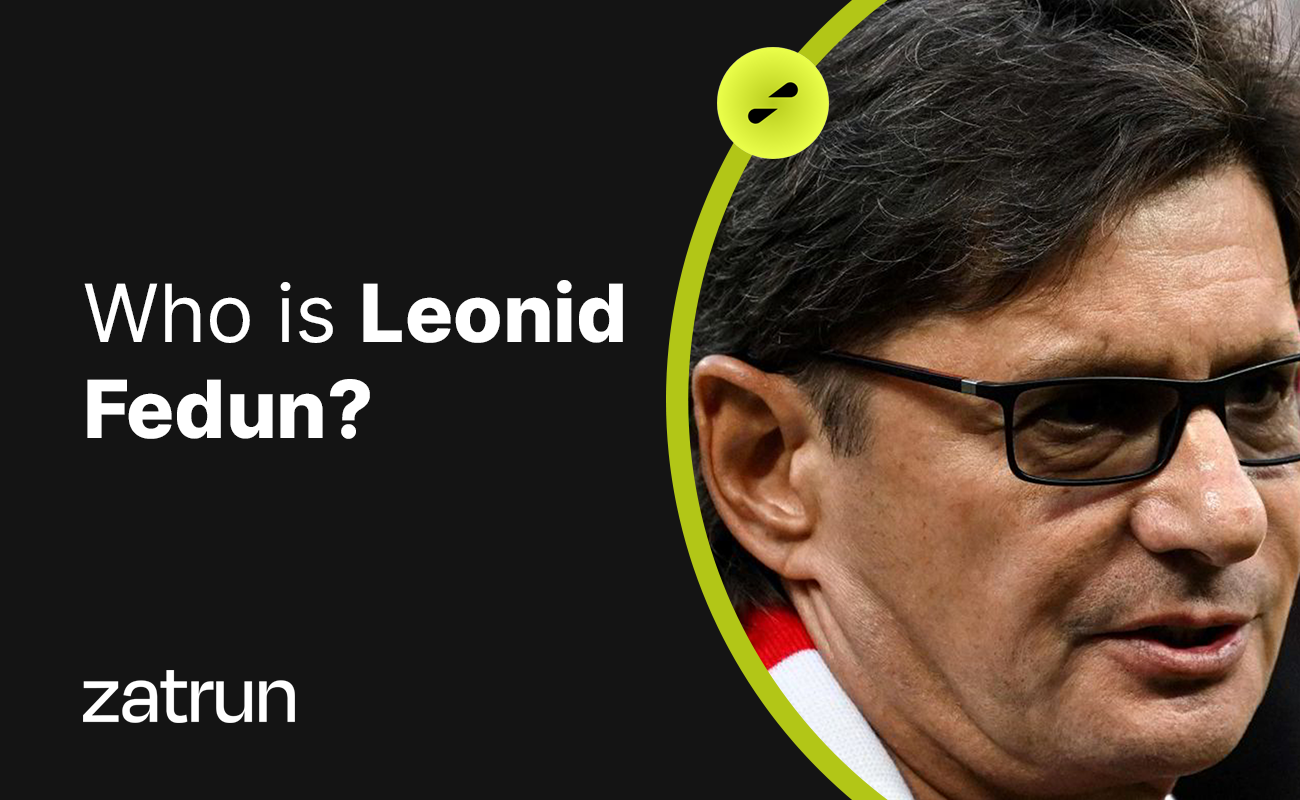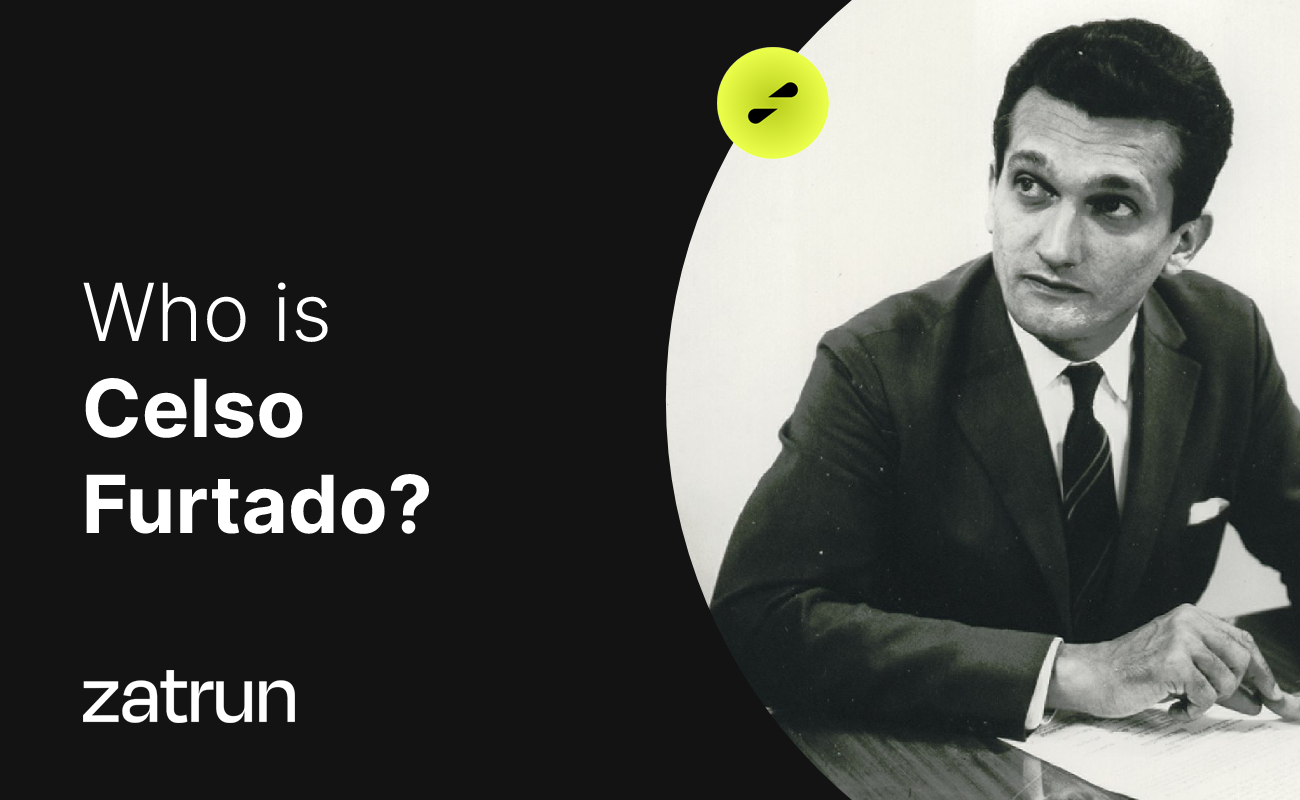Bruno Frey 101: Who is the Famous Swiss Economist? in our article of Zatrun.com, we will cover in detail everything you need to know about Bruno Frey, a famous Swiss Economist and professor of Political Economy at the University of Basel.
Who is Bruno Frey?
Bruno Frey was born in 1941 in Basel, Switzerland. He is a Swiss economist and a professor of Political Economy at the University of Basel. Frey’s research interests include Political Economy and the Economics of Happiness, and his publications incorporate concepts derived from Psychology, Sociology, Law, History, Art, and Theology.

Bruno S. Frey studied economics at the University of Basel and the University of Cambridge, and received his PhD in economics in 1965. He held a position as a lecturer in economics at the University of Basel from 1969 to 2010, and was a professor of economics at the University of Zurich from 1977 to 2012. He has also held editorial positions at Kyklos, a Swiss journal in the field of political economy, since 1969. Since 2004, Frey has served as the research director for the Center for Research in Economics, Management and the Arts (CREMA). From 2010 to 2013, Frey was appointed as the Distinguished Professor of Behavioral Sciences at Warwick Business School.
Career Life:
In 2004, Frey was appointed to the Copenhagen Consensus expert commission alongside four Nobel laureates. The main objective of this commission was to assess the priorities of humanity’s major challenges, such as hunger, AIDS, water access, trade barriers, corruption, and global warming.
In 2011, the University of Zurich established a commission to investigate allegations of Frey and his co-authors’ publication ethics (self-plagiarism). In October of the same year, the commission reported that Frey had committed misconduct referred to as self-plagiarism. In 2012, the Faculty of Business, Economics and Informatics at the University of Zurich decided not to extend Frey’s employment contract after he retired as a professor.
In 2012, the Bhutanese government appointed Frey to an international expert group to explore a new development paradigm that nurtures human happiness and preserves the well-being of all life on the planet.
Effects:
According to the RePEc-Ranking in October 2015, Bruno S. Frey was listed as the 14th most cited economist in Europe. Additionally, the Swiss newspaper Neue Zürcher Zeitung publishes a ranking that measures the academic achievements and influence of economists in the media and politics. In this ranking, Frey was appointed as Switzerland’s third most influential economist in both 2014 and 2015.
In a publication titled “Subjective Well-Being Economics: A Bibliometric Analysis” by Miha Dominko and Miroslav Verbič in the Happiness Studies Journal in 2019, the authors examined the development of research on their topic.

Bruno Frey and His Publications:
Bruno Frey is the author of multiple books in English and/or German and has written over 300 articles in professional academic journals. His writings have also been translated into French, Spanish, Portuguese, Galician, Italian, Japanese, Korean, and Chinese.
Regarding his role in direct democracy, he developed a functional-focused federalism model called Functional Overlapping Competing Jurisdiction (FOCJ) with Reiner Eichenberger. He sees both direct democracy and federalism as trend-setting institutions for the future.
He has also contributed to the organization of theaters, operas, and museums, and focused on the investment returns of art pieces. While these investments may offer lower financial returns than other investments, there is a psychological return. According to the IDEAS economic publication database, Frey is a world leader in the field of cultural economics.
Bruno S. Frey has published a book called “Venice is Everywhere”. The phenomenon of “overtourism” is a central theme in this book. In this context, economic issues such as externalities, behavioral incentives, and the role of these incentives in the institutional framework are discussed. Additionally, Frey (with Andre Briviba) has published two academic articles on this topic (“Revived Originals – A proposal to deal with cultural overtourism; A policy proposal to deal with excessive cultural tourism”).












